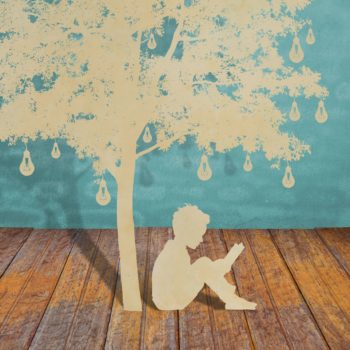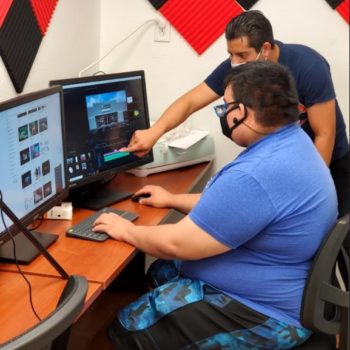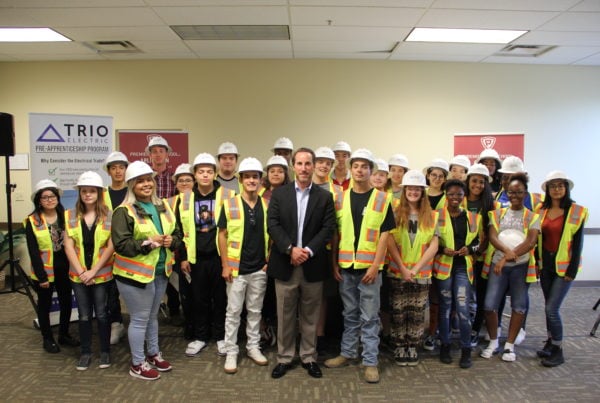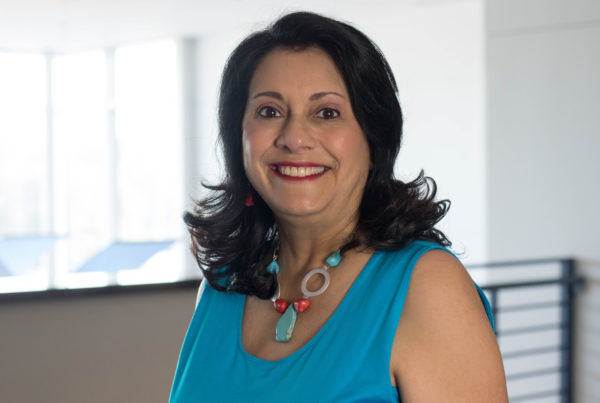In her article “Why Read Literature?,” literary historian Esther Lombardi raises several interesting questions. Do we read literature purely for enjoyment? Do we read it just to understand other cultures? Is literature simply something to be decoded? These questions ultimately lead to a consideration of what our students should read — and why.
Lombardi touches on how literature gives readers insight into different cultures, traditions and periods of history. At ResponsiveEd, we believe great literature does all of that, but it does not stop there. Most importantly, we believe great literature challenges students to pursue the good, the true and the beautiful.
At ResponsiveEd’s classical schools, reading from the classical canon of great works entices students to strive for excellence. They pursue truth by reading challenging stories that pose questions about human experience and universal truths. What does “A Tale of Two Cities” reveal about what it means to be human? How does Shakespeare explore fate and free will in “Julius Caesar?” Students develop an appreciation for the beauty of noble writing and great storytelling by encountering masterful speeches that inspire, meeting complex characters who heroically strive for the good (or tragically fail) and contemplating ideas that transcend time. We believe stories that depict both vice and virtue touch on human nature and teach students about the good.
While Lombardi is right that reading Moby Dick can give a student a “fuller understanding of literary tradition in Melville’s time,” this work is a classic because it expresses more. It is an often humorous story of a daring adventure posing questions about what fuels a man’s drive for revenge, how obsession can overrun a man’s life and the universal search for identity.
Great literature challenges our students to grow. It poses questions and illuminates ideas that are always relevant and cannot simply be relegated to the past. These are questions and ideas that directly relate to every person. Wrestling with these questions provides our students with a firm educational foundation, enabling them to self-reflect and decide what kind of person they want to be.
As Founders Classical Academy of Lewisville Headmaster Jason Caros writes in his article, “The Importance of Classical Literature,” great literature ultimately promotes good character and citizenship and helps in the preservation of civilization.
Both our Founders Classical Academies and our ResponsiveEd Classical Academies focus on content-rich literature from the classical Western canon. A sampling of what students might read at one of our classical schools can be found here.
Great teachers are ideally positioned to guide this conversation, especially if those great teachers adhere to the principles of a classical education. If you’re an educator or subject matter expert interested in working with students in a unique charter school environment, apply to be a ResponsiveEd teacher today.
Click here to read Esther Lombardi’s essay “Why Read Literature?” in full.
Click here to read Jason Caro’s essay “The Importance of Classical Literature” in full.




